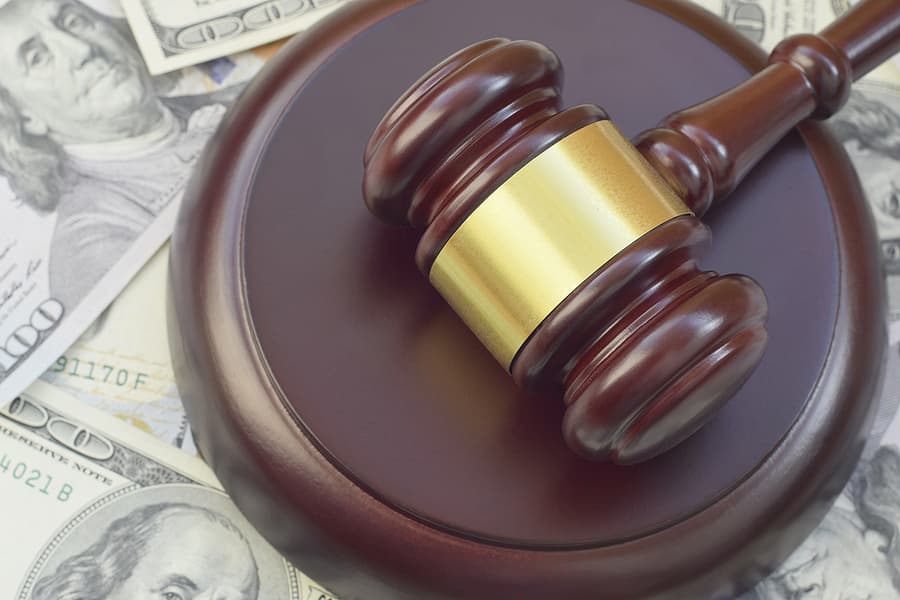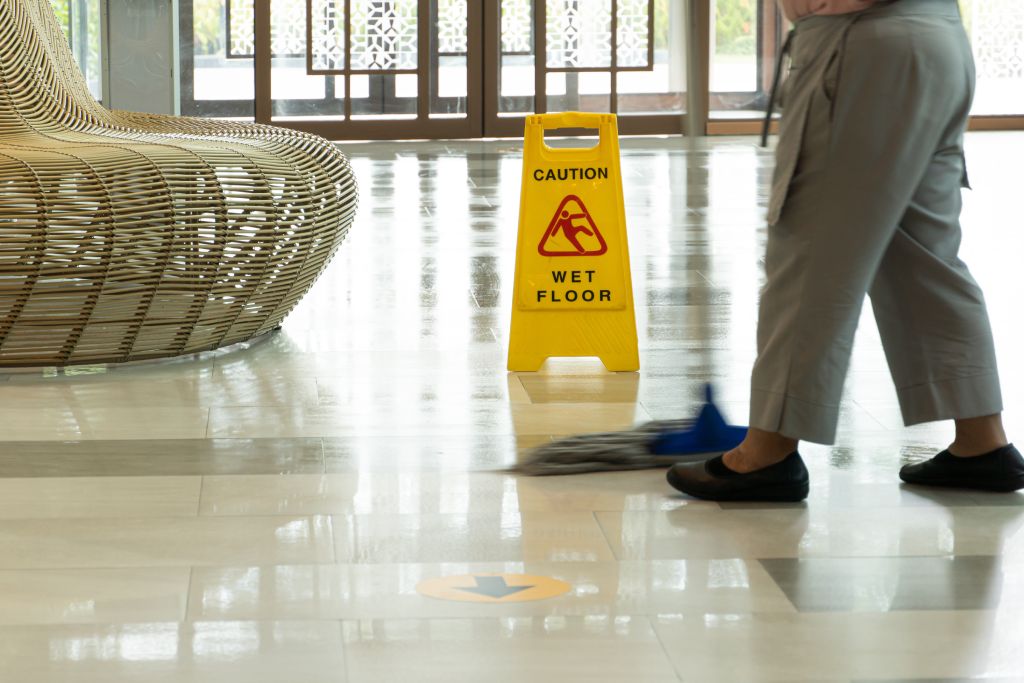After the initial shock of a car accident, you are probably upset, stunned, and traumatized. Probably, your first thought is how you will pay your medical bills, car repair bills, how you are going to get to work, and other costs of the accident.
However, the most pressing concern is usually how to get the compensation you deserve.
Can you get an adequate car accident settlement without a lawyer, and is that the best course of action?
Without legal counsel, you will face severe challenges.
Here’s how the law works, and why you do need a car accident lawyer to get a settlement that will cover all of your expenses.
You deserve compensation
If your car accident was not your fault, it might have been the result of someone else’s wrongful actions or negligence. The legal definition of negligence is “A failure to behave with the level of care that someone of ordinary prudence would have exercised under the same circumstances.” There are four elements to negligence. They are a duty of care, breach of duty, causation, and damages.
Do you know how much compensation you deserve?
Damages, or compensation, are the amount of money the injured person receives, either by settling their case or winning at trial. There is no set formula for determining your damages, but accurately calculating your compensation is one of the most critical parts of the legal process. There are certain quantifiable losses, such as current and future medical bills and lost wages.
Generally, the more severe the injury, the larger the claim. However, you may not know the full nature and extent of your injuries right away. You may need extensive medical treatment to determine the long-term effects of your injury on your personal life and financial needs.
If you have suffered severe injuries, you may know you need legal representation, but complications can also develop from more minor injuries. It can be risky to try and negotiate a settlement when you do not know the full implications of your condition.
Current lost wages are also reasonably easy to determine. However, what if you cannot work for a long time, possibly forever? Future lost earning capacity involves calculating losses that may extend far into the future. It generally involves present value and other complex financial concepts. Putting a price on future earnings may require experts, such as an actuary or an economist.
Negotiating a settlement is a delicate balance. If you ask for too much money, the opposing party may think you are not interested in settling, but you will not receive the money you need to cover your expenses if you ask for too little. Therefore, it is essential to know the actual cost of your claim.
In addition, the terms of a settlement agreement almost always include a full and final release from all claims related to the accident. Once you sign, you have lost the right to pursue further damages once you have signed the agreement.
What is the role of the insurance company?
About six million car accidents take place in the U.S. every year. Insurance companies that pay out too much on all of those claims will lose a lot of money. You will need a car accident lawyer to convince them to pay what you deserve.
If the at-fault driver has insurance, the injured person may conclude that they do not need a car accident lawyer. They assume the other driver’s insurance company will simply pay their bills. But it usually isn’t that easy.
When a car crash victim sues or threatens to sue, the other driver’s insurance company will take over the defense of the lawsuit on behalf of their insured driver. The company will hire an attorney to defend the case. The insurance company’s goal is to pay out as little as possible because that’s how they make money. Therefore, they will closely evaluate your claim and only give you the absolute minimum that they must.
Many states have bad-faith insurance laws, which require the insurance company to uphold the terms of a valid policy. In addition, the company must handle a claim fairly and within a reasonable time. These laws are complex, and you may need legal advice to pursue a bad-faith claim.
The opposing party may try to deflect blame.
Car accidents typically involve many complex issues and may also involve more than one potentially liable party. Defenses may be legal or procedural, such as missing a filing deadline, or factual, such as shifting blame to the injured person or someone else.
For example, the opposing party may:
- Attribute your injuries to a pre-existing condition
- Attribute your injuries to a previous accident
- Attribute your injuries to an incident that occurred after the accident;
- Pinpoint gaps in your post-accident treatment to minimize the severity of your injuries;
- Allege that you were not hurt because you did not seek treatment immediately after the accident;
- Downplay the damage to your car as proof that your injuries were minor; and
- Attempt to limit predicted future medical treatments because they are speculative.
Watch out for these common mistakes of car accident victims
Unfortunately, a person handling a car accident case without a lawyer will not know the law, the court system, procedural rules, or negotiation tactics.
The following common mistakes may affect the value of their claims and their ultimate settlement:
Giving a recorded statement. Insurance claims adjusters often tell accident victims that they need a recorded statement before negotiating a settlement. Some circumstances, usually involving an uninsured or underinsured claimant, may require a recorded statement. But generally, either they will use your statement against you to lower your settlement claim or provide the information to the insurance company’s lawyers to use it against you in a trial. If such a statement is necessary, do it with your own lawyer to limit the damage.
Assuming the system is simple. Different court systems, as well as state and local procedural rules, vary. You will need to know all of the pitfalls.
Believing that the insurance company or opposing attorney is on your side. Opposing parties may make reassuring statements. They lull you into feeling confident that they will treat you fairly.
Taking the insurance company’s first or “final” offer. The first offer you receive will probably be a low-ball offer. It may be tempting because the bills are piling up, and you just want this to be over. However, the other side knows this and will use it to their advantage. Similarly, they may present a settlement offer as a final offer so that you feel pressured to accept it. They rarely take someone representing themselves seriously.
Settling the case without understanding the full scope of your injuries. A quick settlement is not necessarily the best settlement. To obtain a reasonable offer, you need medical records and statements from your doctors explaining the nature and extent of your injuries.
Failing to include all your damages. Your case is unique, and so are your losses. Recovering from a car accident involves many expenses. Some may seem small and unimportant, but they can quickly pile up. For example, transportation and parking costs to and from the hospital or doctor’s visits. Car rental costs. Property damage to your car and the contents of your vehicle. Necessary modifications to adapt your home to your physical state. Help with daily tasks such as housework or walking the dog.
Keep bills, receipts, and other documents as evidence to support your claim.
Believing the insurance company will accept responsibility. At first, the insurance company may declare that they know their insured is responsible for the accident, and so they will “take care of you.” Later in the settlement process, or if the injured party has filed a lawsuit, they may change their story. It would be best if you prepared your case as though the case will go all the way to trial. Gather all the facts, locate witnesses, and keep your defenses up.
Failing to understand insurance liens. A lien is a legally binding contract that gives a person or company a right to someone’s property or an interest in their legal claim. For example, while trying to settle your case, you may need ongoing medical treatment. A medical lien pays medical bills to the healthcare provider from the settlement or judgment. It is a type of medical service on credit.
In California, this typically happens when the person injured in the accident:
- Can’t pay for necessary medical care before the case concludes through settlement or judgment
- Does not have a private health insurance plan, Medicare, Medi-Cal benefits, a Med Pay auto policy or other “no-fault” insurance, or
- Is unable to pay the deductible and/or co-pays under their insurance policy
Lien agreements with healthcare professionals are negotiable in California. These lien issues can be complicated, and mistakes in dealing with them can be costly.
Failing to meet deadlines. All states have a statute of limitations that places a strict deadline on how long you can wait before filing a claim. The statute of limitations and other deadlines exist primarily to encourage people to file claims without delay and keep the case strong. Over time evidence may be lost or become weak. Once the statute of limitations has passed, the injured party can no longer file a lawsuit against the defendant. Unfortunately, this also means that the opposing party has no incentive to offer a settlement, and the injured party may end up with no compensation.
What to do after a car accident
- Never leave the scene of an accident. If possible, get yourself and others to a safe place, away from oncoming traffic.
- Seek medical attention. Even if you think your injuries are minor, many injuries do not become apparent right away or may become more serious if not treated.
- Protect evidence: It is essential to gather and preserve evidence before it is lost. Take pictures or videos of the cars, the injuries, and the accident scene, especially any conditions that may have contributed to the accident. Note any video cameras in the area that may have recorded the accident. You need to get this footage quickly as sometimes it is erased or taped over every few weeks. Get the contact information for everyone involved and any witnesses, as they may be difficult to locate later. Do not post pictures or comments about your accident on social media. This information may be harmful to your case.
How can a car accident lawyer help you?
If you are unsure whether to seek legal representation, consider all aspects of your case and how a car accident lawyer could help.
For example, an attorney may take much of the burden and stress off your shoulders by:
- Informing you of your rights. An attorney can explain the terminology and guide you through the legal process.
- Investigating the case and obtaining evidence. In some accidents, such as those involving commercial trucks, the truck may have a device for recording speed and location through GPS. Driver’s logs may also show that the driver violated company guidelines or trucking regulations at the time of the accident.
- Organizing and reviewing necessary documentation. Medical documentation, accident reports, and other data after the accident often provide vital evidence to strengthen your case. They will also prepare your paperwork and keep track of deadlines.
- Dealing with insurance companies and opposing lawyers. You may be recovering from your injuries and need an experienced attorney to negotiate a full and fair settlement for you.
Never try to handle an auto accident claim on your own. Always hire an experienced car accident lawyer to take the case for you.



